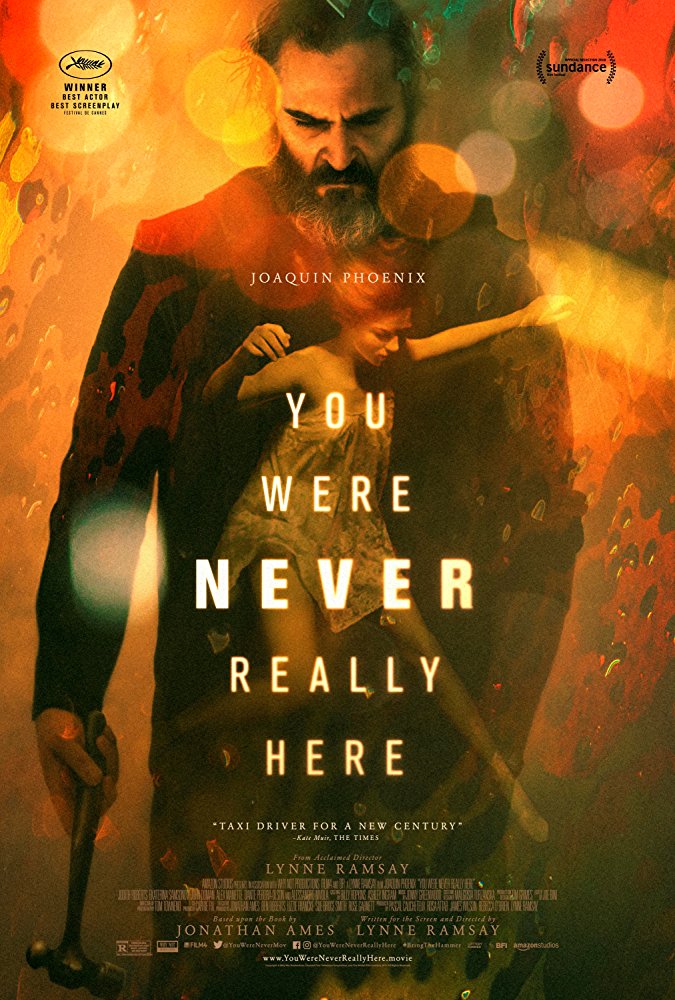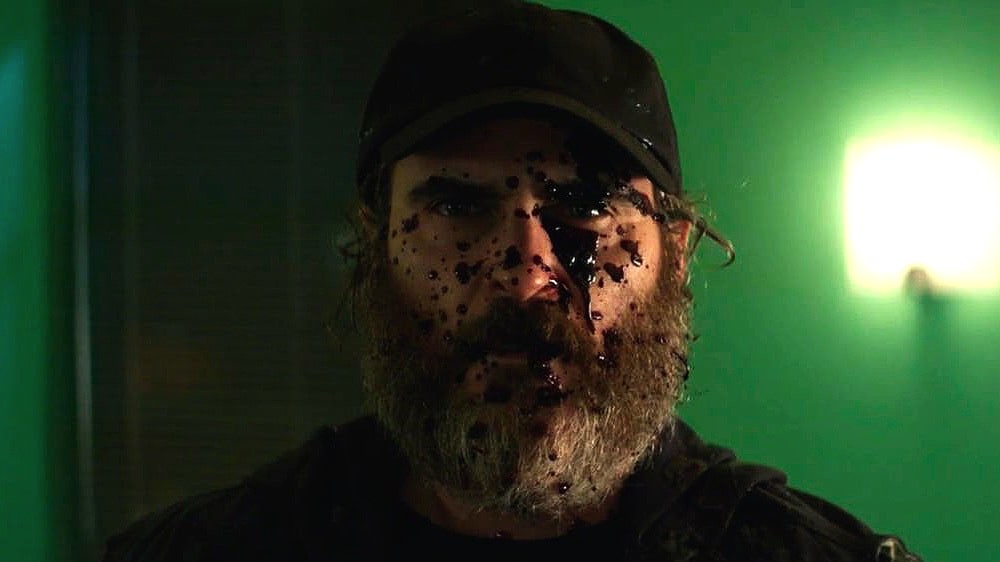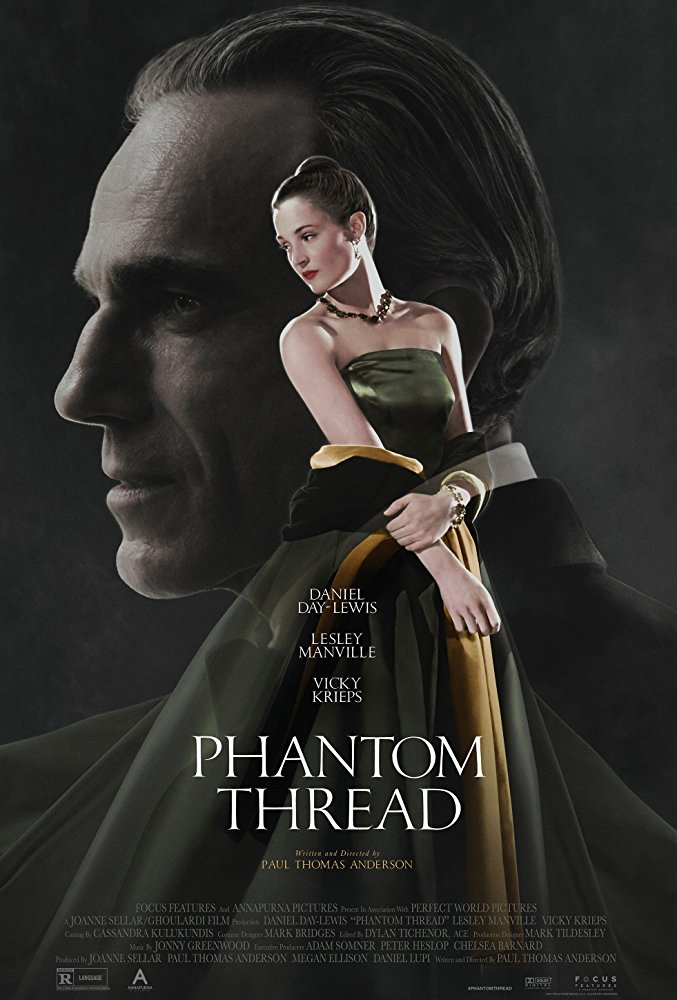YOU WERE NEVER REALLY HERE (2018)

1 Hour and 29 Minutes (R)
Lately it seems that Amazon Studios can be counted on for at least one dynamite film each year, and sometimes they give us more. In 2016 it was The Handmaiden, Manchester By The Sea and Academy Award winner The Salesman, and last year the studio gave us two stellar entries in The Lost City of Z and The Big Sick.
Amazon’s latest is this thriller film written and directed by Lynne Ramsay, and based on the book of the same name by Jonathan Ames, which has already won Best Screenplay and Best Actor during its premier at the 70th Cannes Film Festival. The story centers on Joe (Joaquin Phoenix), a military veteran and former FBI agent suffering from some massive post-traumatic stress disorder, who now spends his days caring for his elderly and rescuing young girls from the sex trafficking industry. Unsurprisingly, his life is devoid of much joy, and much of his time is spent lost in thoughts, flashing back to distressing moments from his past that have left him borderline suicidal. The plot of You Were Never Really Here is relatively straight-forward. Joe is hired to find Nina (Ekaterina Samsonov), the missing daughter of Senator Albert Votto (Alex Manatte). During this task he uncovers a conspiracy and as vigilantes are want to do, seeks out to render justice for all of the wrongs committed.
The film is very much an art house picture. It’s stylized in a way that can be both mesmerizingly beautiful and also hard to follow. Some of Joe’s flashbacks happen in ways that present a possible surrealistic nature, leaving the viewer unsure of exactly what this man’s past is. There are hints and clues, of course, and this quality is intriguing enough to encourage multiple viewings. Jonny Greenwood’s score is mostly incredible, though at times it is a bit distracting, and overall merges well with the sound mixing to create a rising tension throughout the film. The action is built up to slowly, and then occurs in visceral bursts of brutality that highlight the likely reasons for Joe’s distress and the awfulness of the world he tries to free people from. For a film that won Best Screenplay, You Were Never Really Here is incredibly spare narratively and its dialogue is extremely limited. Editing is also very tight, which provides a means to propel the film forward quickly but also leaves some question marks and lack of detail.
Phoenix’s performance as Joe is incredible. His ability to emote the traumatic state of this man is nothing short of masterful. He is a teddy bear at times, and at others a grizzly. Though it is brief, the relationship he develops with Nina is a powerful one and presents the two characters with a chance to consider whether they could play a missing role in each other’s lives.
VERDICT
You Were Never Really Here examines suffering in a moody, grungy, and violent manner. It is an undeniably beautiful artistic endeavor and shows Lynne Ramsay’s technical mastery of her craft. This isn’t a fun film to watch, by any means, but it is one that will burrow its way deep inside your conscience and have you wrestling with its images long after viewing them. You may come away thinking the film is nihilistic to a fault, and because of the nature of the filmmaking this isn’t a movie for everyone. But if you’re open to cinema as an art form and not just looking to be entertained, You Were Never Really Here is definitely one to see.
Rating:
 Aaron White is a Seattle-based film critic and co-creator/co-host of the Feelin’ Film Podcast. He is also a member of the Seattle Film Critics Society. He writes reviews with a focus on how his expectations influenced his experience. Follow him on Facebook and Twitter to be notified when new content is posted.
Aaron White is a Seattle-based film critic and co-creator/co-host of the Feelin’ Film Podcast. He is also a member of the Seattle Film Critics Society. He writes reviews with a focus on how his expectations influenced his experience. Follow him on Facebook and Twitter to be notified when new content is posted.





